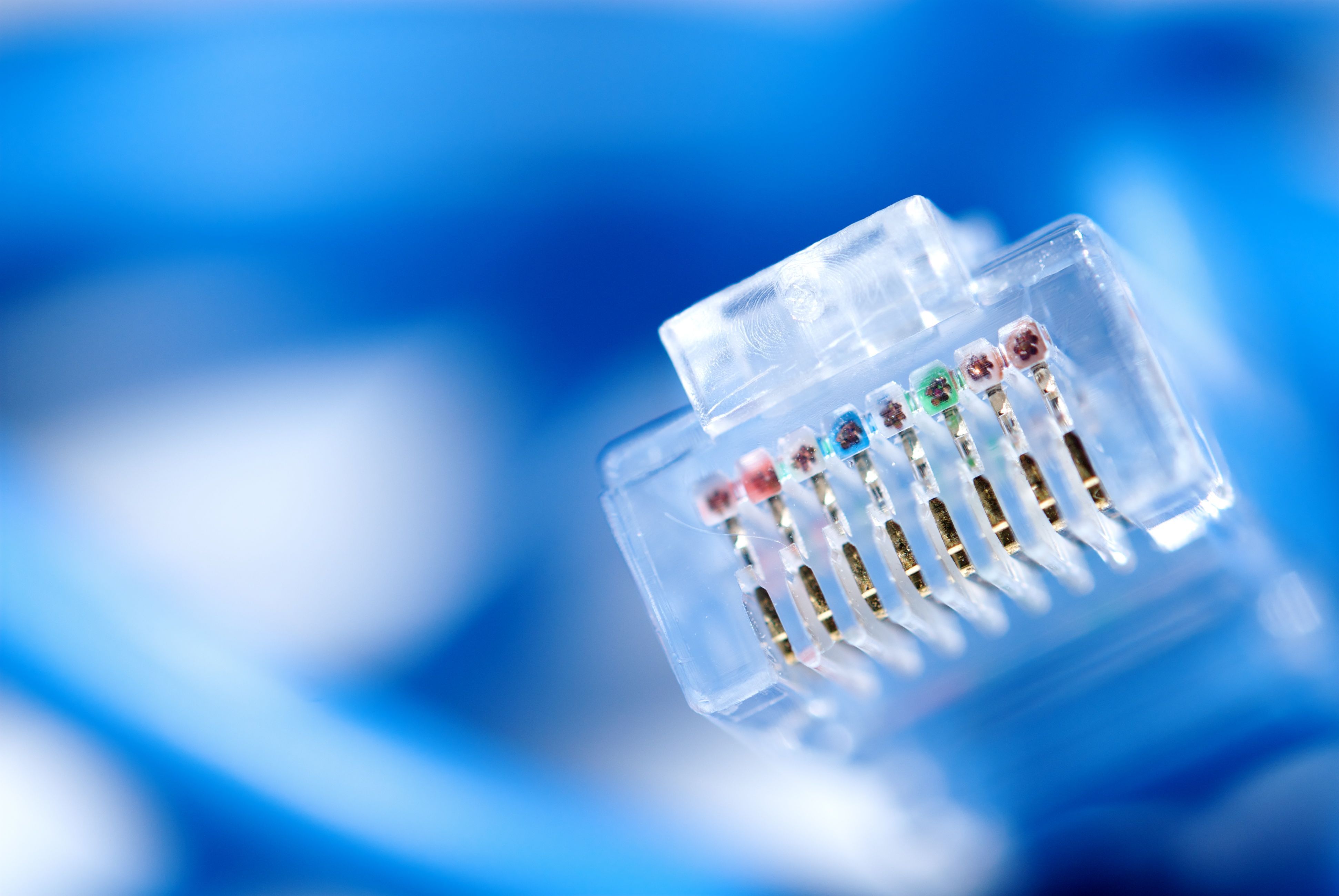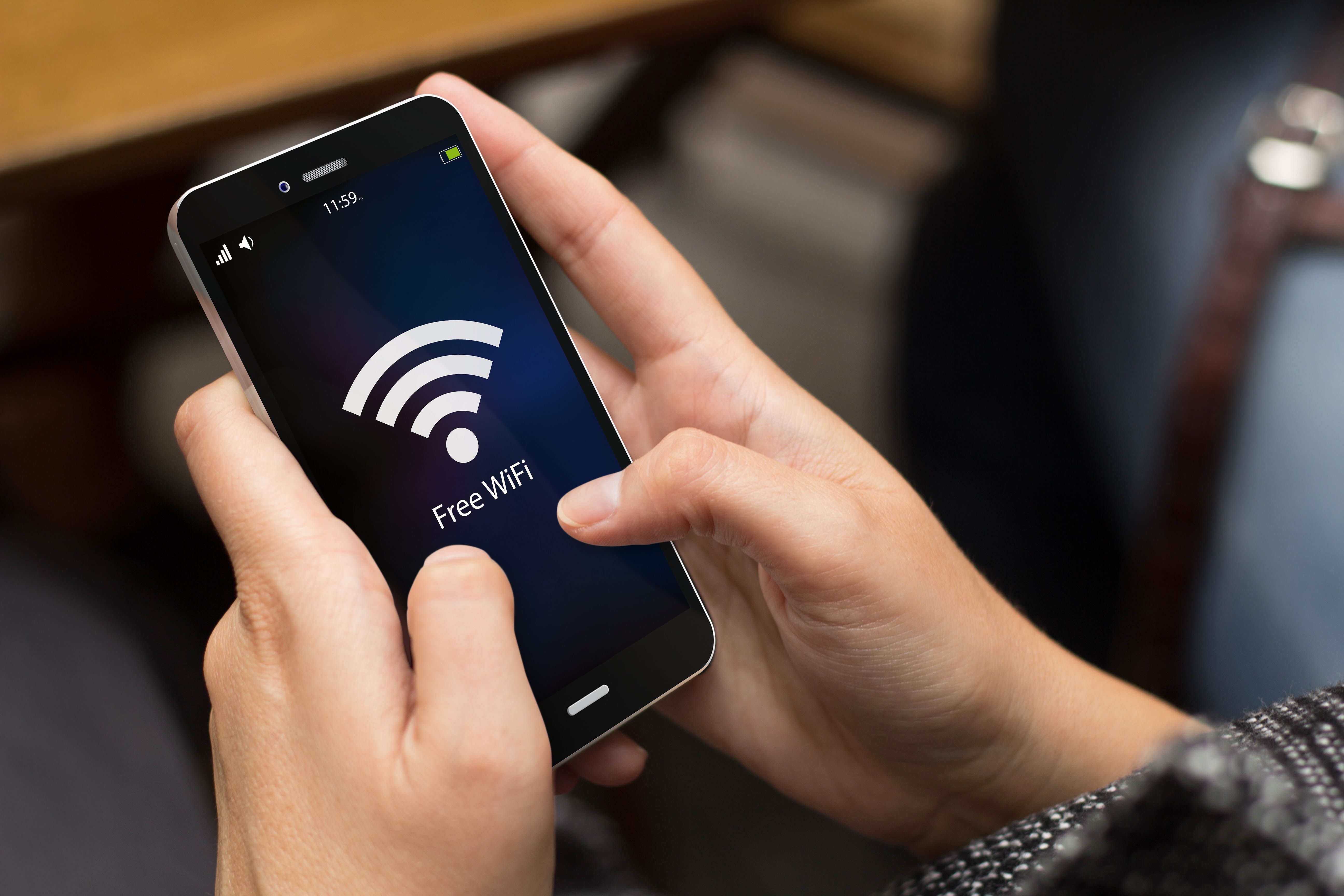Focus on the troubleshooting and fixes. The list of tools to reduce packet loss in the DNS stuff article is overkill, but you can recommend one. Apparently, the game Apex Legends is a prime sufferer from packet loss; is there a specific reason and fix? Explore.
Packet loss is a major problem with network communications and can make your connection spotty. But what is packet loss, and why is it a problem?
Let's take a look at what packet loss is and how to fix it.
What Is Packet Loss?
First, let's break down what a "packet" is, so we can understand what causes packet loss and why it's so bad.
When you browse the internet, you need to both send and receive data to load a website. Your computer needs to talk to the server it's trying to connect to.
To do this, it sends small bundles of data down the internet toward the destination. These small bundles are known as "packets."
Packets can't store a huge amount of data; at most, they can fit 65,535 bytes (or 0.065 megabytes) of information within them. However, your average internet packet won't even be this big. Typically, internet packets store only 1,500 bytes (0.0015 megabytes) of data.
There's not a great deal you can do with such a small file size. That's why computers and servers send more than one packet of data when they talk. For instance, when you watch a live stream on the internet, your PC receives a constant deluge of packets containing visual and audio data.
As you might expect, with all these packets flowing through the internet, there are times where these packets get lost. When this happens, the stream of data goes awry and can cause errors and glitches.
If you're watching a live stream and packet loss occurs, this may result in the stream buffering or having strange audio and visual glitches. This is because the packets carrying the data that made up that part of the stream have "gone AWOL."
It's as if someone sent you an entire murder mystery novel page-by-page in individual envelopes. If all of the pages arrived at your home, you could fully construct the book on your end and read the novel. However, if a chunk of chapter six got lost in the mail, you'll have a confusing read where the butler is alive one page and dead the next.
How to Fix Packet Loss.
You could think of some reasons why some of chapter six of your murder mystery novel never made it. Perhaps it was addressed incorrectly, or it got lost in the mail. Packets have similar issues that can cause them to "go missing."
Let's take a look at what can cause this to occur and how to fix packet loss.
Network Traffic Congestion
Internet connections have limited bandwidth; they can't allow an infinite amount of packets to pass through. When the internet becomes busy with people sending packets to and fro, it can cause some congestion in the network.
As such, like a traffic jam, too many packets can cause them to arrive later than expected. However, if a server believes the connections are getting too crowded, they can opt to clear out all the packets and start fresh.
Faulty Ethernet Cables
As you'd expect, a faulty connection is prone to packet loss. If you use an Ethernet connection and something damages the wires, packets can get lost as they travel to and from your PC.
The best way to fix this is to grab a new Ethernet cable and give it a try. Ethernet cables tend to be very affordable, so it shouldn't be an expensive fix.
Faulty or Inadequate Hardware
Similarly, something may be going wrong with the hardware sending the packets. When your networking hardware starts going south, it has issues sending the packets out at a reliable rate. As such, you'll notice that some of them start to go missing.
To fix this, try connecting via Ethernet or trying another network card. If this fixes the problem, you'll know what's causing the issue.
Overloaded Hardware
In a similar vein to above, overloaded hardware can also cause packet loss. The hardware itself is running fine, but it's loaded with so many queries that things go awry. When this happens, it's best to close any applications that use your network connection.
Faulty Software
If the hardware is working fine, there's a chance that the software sending the data is having issues. A glitch in the networking code may cause packets to get lost when sending data to a server.
If this happens with a specific game or application, try giving it an uninstall and re-install. This should hopefully sort out the glitch and get you back online.
Wireless Packet Loss
If you use a Wi-Fi connection, you'll see more issues than if you use an Ethernet cable. This is because while an Ethernet cable carries data safely through a protected wire, Wi-Fi has to go through the air and any obstacles that sit between you and the router.
These obstacles can be physical, such as walls, metal, and electrical appliances. They can also be invisible, such as interfering Wi-Fi signals and conflicting channels.
There are plenty of ways to fix a slow or unstable Wi-Fi connection, so be sure to check them out if your internet drops a lot of packets.
Packet Drop Attacks
In rare situations, packet loss may be due to a cyberattack. A malicious agent can get in between you and your destination to redirect the packets away from where they're supposed to go.
Your PC is sending packets fine, but they're not reaching their destination due to the diversion. The target, as a result, assumes there's a connection drop occurring and cuts the connection.
This attack is known as a Direct Denial of Service (DDoS) attack. It's one of the rarer kinds, as hackers typically use botnets to break websites. However, the packet version of DDoSing does exist!
Improving Your Network Quality
Packet loss can be infuriating, and there are a few reasons why you might be losing packets. Hopefully, you can use the above tips to sort out your connection and experience smooth surfing from here on out.
Networks can be a finicky problem to solve, as there are lots of different parts that can go wrong. Thankfully, there are plenty of tricks to fix them, such as power cycling the networking devices.
Image Credit: metamorworks / Shutterstock.com



